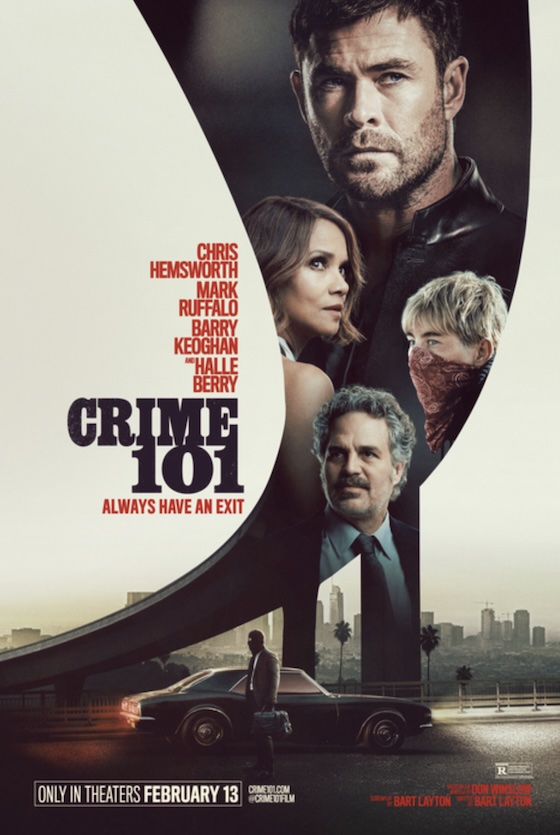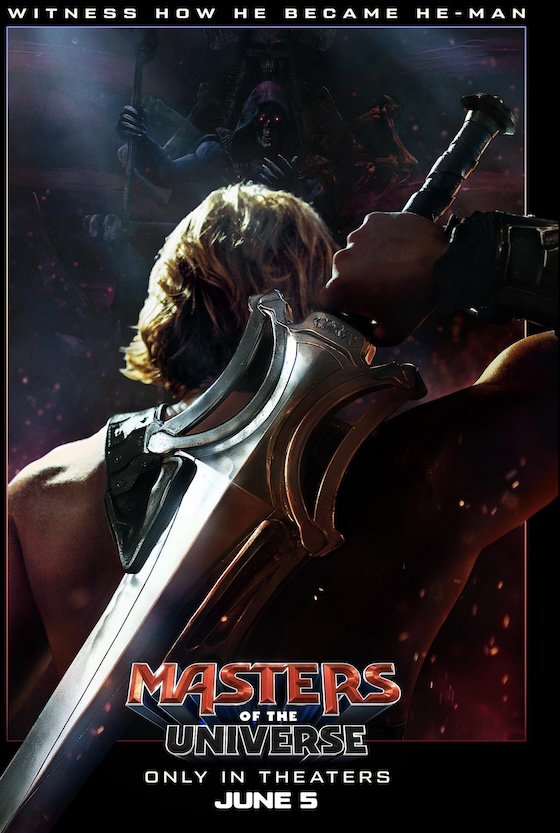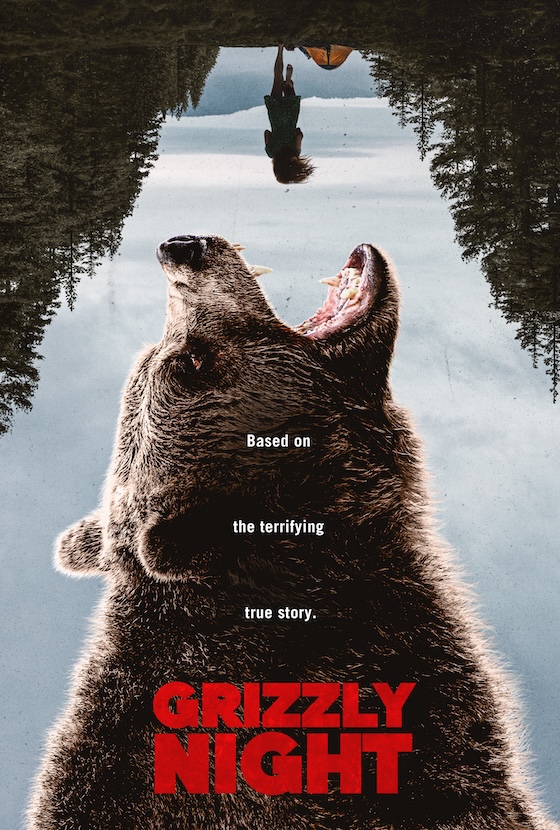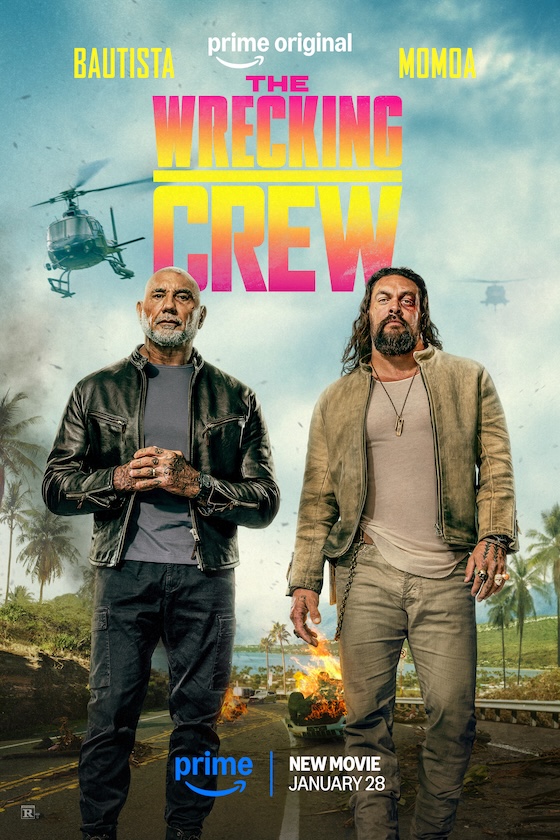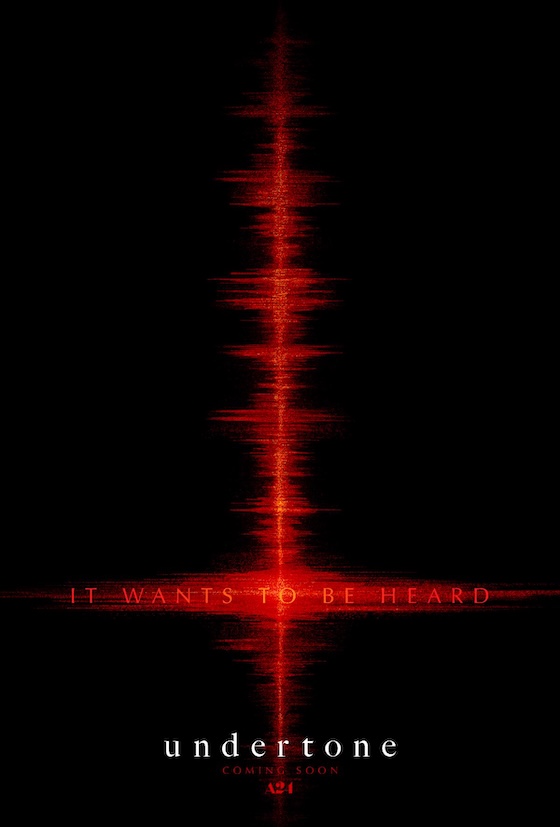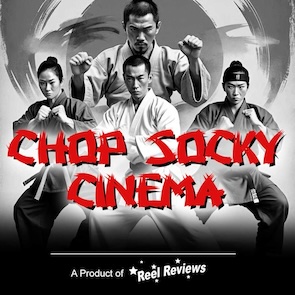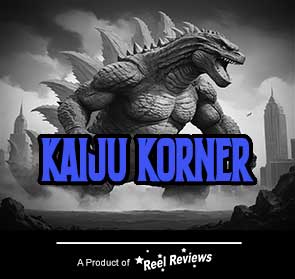This special feature is written exclusively for franksreelreviews.com.
Birth of a legend
When Leah Adler and Arnold Spielberg held their new born son for the first time on a cold December afternoon in 1946, they had no idea the infant in their hands would turn out to become one of the most influential and wealthiest figures in the world of motion pictures. Steven Allan, as named by his Jewish parents, would go on to become a prodigy in film making history with nothing but a passion for movies.
At the tender age of 12, Steven displayed a remarkable talent in photography. This led him to explore the use of his father’s 8 mm camera and even started making short movies with his friends, only to charge them a quarter as admission to his basement screenings. At age 13, he made a short film that won him a prize at the local movie theatre. At just 16, Spielberg Jr. wrote, produced and directed his first full length film spanning over two hours. Firelight, a Sci-fi adventure premiered in his hometown of Cincinnati, Ohio, and cost him US$500 to make in 1963 which earned him a profit of just $1.
Few years after his parents split up, he moved to California with his father and applied for admission at the University of California School of Theatre, Film and television. He was rejected on multiple occasions as he couldn’t maintain an average high school aggregate. After graduating from high school, he got himself an unpaid intern’s position at Universal Studios, thus embarking on a carrier that is now well past four decades.
Man with the golden finger
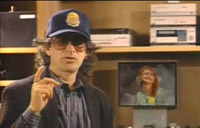 As an intern at Universal, he worked on TV serials like Columbo and the very futuristic L.A. 2017 before his debut feature film, The Sugarland Express in 1974. Besides featuring a sensational car chase sequence for its time, the film also impressed major critics and studio producers, most notably Richard Zanuck and David Brown. It was at this point in time when a young Spielberg was offered the director’s chair for the first time from a major Hollywood studio. Not only did Jaws gross over $400 million at the box office, it won three Academy Awards in 1975 and rocket propelled Spielberg into mainstream Hollywood. While some critics argued that the crescendo of sound in the form of approaching death from underwater was inspired by Hitchcock’s high pitched shrieking sound in the Psycho shower scene, they were silenced when Spielberg and his team walked away with Oscars for “sound”, “original score” and “editing”. Not two years later, he wrote and directed Close Encounters of the Third Kind. Besides casting Jaws actor Richard Dryfuss again, this film also received six Academy Award nominations including cinematography, sound effects and Best Director. Already considered one of America’s youngest multi-millionaires, Spielberg was just warming up. Raiders of the Lost Ark with Harrison Ford as Dr. Indiana Jones and friend George Lucas as co-producer and co-writer was a sensational smash hit. It was the biggest blockbuster of 1981 and for the second time, Spielberg was nominated for Best Director including numerous other nominations. At just 35, and one of the youngest directors to be nominated so many times, the world was his for the taking. But rather than bask in the glory of immense fame and fortune, just a year later he made the highest grossing film of all time. Although E.T. the Extra-Terrestrial was nominated nine times during the Academy Awards, Spielberg lost the Best picture award to Richard Attenborough’s Gandhi. He made three more high grossing movies in the next three years including Poltergeist followed by The Color Purple in 1985. Starring would be talk-show queen Oprah Winfrey, this epic film about the struggles of African-American women received a staggering eleven nominations, including Best picture.
As an intern at Universal, he worked on TV serials like Columbo and the very futuristic L.A. 2017 before his debut feature film, The Sugarland Express in 1974. Besides featuring a sensational car chase sequence for its time, the film also impressed major critics and studio producers, most notably Richard Zanuck and David Brown. It was at this point in time when a young Spielberg was offered the director’s chair for the first time from a major Hollywood studio. Not only did Jaws gross over $400 million at the box office, it won three Academy Awards in 1975 and rocket propelled Spielberg into mainstream Hollywood. While some critics argued that the crescendo of sound in the form of approaching death from underwater was inspired by Hitchcock’s high pitched shrieking sound in the Psycho shower scene, they were silenced when Spielberg and his team walked away with Oscars for “sound”, “original score” and “editing”. Not two years later, he wrote and directed Close Encounters of the Third Kind. Besides casting Jaws actor Richard Dryfuss again, this film also received six Academy Award nominations including cinematography, sound effects and Best Director. Already considered one of America’s youngest multi-millionaires, Spielberg was just warming up. Raiders of the Lost Ark with Harrison Ford as Dr. Indiana Jones and friend George Lucas as co-producer and co-writer was a sensational smash hit. It was the biggest blockbuster of 1981 and for the second time, Spielberg was nominated for Best Director including numerous other nominations. At just 35, and one of the youngest directors to be nominated so many times, the world was his for the taking. But rather than bask in the glory of immense fame and fortune, just a year later he made the highest grossing film of all time. Although E.T. the Extra-Terrestrial was nominated nine times during the Academy Awards, Spielberg lost the Best picture award to Richard Attenborough’s Gandhi. He made three more high grossing movies in the next three years including Poltergeist followed by The Color Purple in 1985. Starring would be talk-show queen Oprah Winfrey, this epic film about the struggles of African-American women received a staggering eleven nominations, including Best picture.
Flash forward to the 1990s and he is now considered the “King” of special effects. After incredibly bringing back dinosaurs to celluloid life in Jurassic Park, Spielberg went on to make his best film yet. Based on a true story, Schindler’s List won him his first Oscars for Best Director and Best Picture plus another five Academy Awards. This black and white biopic based on Oskar Schindler’s attempt to save more than a thousand Polish refugees from the holocaust was a controversial yet major success at the box office. Produced and directed by Spielberg, the film starred Liam Neeson, Ralph Fiennes and Sir Ben Kingsley amongst other top actors. It is considered one of the top 50 greatest movies of all time by Empire Magazine and Spielberg’s personal favorite. A 2003 polling by the same magazine revealed 7 of Spielberg’s movies still within the top 50, beating Ridley Scott, Francis Ford Coppola, James Cameron and even Alfred Hitchcock and Stanley Kubrick. Three years later, Empire magazine would rate Spielberg as the #1 director of all time.
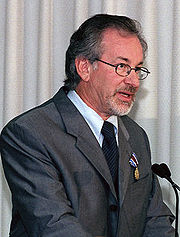 During the mid 90s he set up Dream Works, his own production and distribution studio and made the highly successful Saving Private Ryan with an all star cast led by Tom Hanks. The gritty tale started with the ill fated D-day landing on Normandy beach during World War II and had cinema goers mesmerized right till the end. More than just grossing $480 million worldwide, the film earned Spielberg his second Oscar for Best Director amongst, again, multiple nominations. Later he teamed up with Tom Hanks again to make the Emmy Award winning mini-series called Band of Brothers, a war story about the heroics of the legendary 101st Airborne Division.
During the mid 90s he set up Dream Works, his own production and distribution studio and made the highly successful Saving Private Ryan with an all star cast led by Tom Hanks. The gritty tale started with the ill fated D-day landing on Normandy beach during World War II and had cinema goers mesmerized right till the end. More than just grossing $480 million worldwide, the film earned Spielberg his second Oscar for Best Director amongst, again, multiple nominations. Later he teamed up with Tom Hanks again to make the Emmy Award winning mini-series called Band of Brothers, a war story about the heroics of the legendary 101st Airborne Division.
Past the millennium and every Spielberg movie was a smashing hit. From eye-popping sci-fi’s like A.I: Artificial Intelligence, Minority Report and War of the Worlds (both with Tom Cruise), to acclaimed dramas like Catch Me if You Can and The Terminal.
Munich, a re-telling of the massacre of Israeli athletes at the 1972 Olympics was another critically acclaimed film that earned him five Academy Award nominations including Best Picture and Director.
After partnering with Harrison Ford and George Lucas for the forth time, his latest release was Indiana Jones and the Kingdom of the Crystal Skull. If it were not for the highly hyped The Dark Knight, his last film in 2008 would have been the highest grossing film in history raking in a total $786 million.
As you can see, none of Spielberg’s movies has ever been considered a flop. Far from that, all his movies are top grossing box office hits, if not blockbusters. While his interest in film making centered mainly between sci-fi adventures and war themes, more than 90% of his films were always nominated for Academy Awards, besides scores of other prestigious nominations and awards. As a director, producer, writer or actor, whatever film this man touched has almost always generated some major wave or the other in the history of film making. Specializing in ground braking special and visual effects, breath-taking cinematography and intense action, most of his films have an overly positive feel, encouraging sentiments from a large cross-section of the audience.
In an interview with Time magazine, Spielberg envisions a cinema experience far greater than the current IMAX. In the not too distant future, cinema viewing will engage a 360 degree movement from the audience. According to him, the entire cinema hall, including parts of the floor will feedback moving images. The audience will also have the option of electronically flipping their seats around or up and down for never before seen angles.
Not only will 2D films become a thing of the past, films of the future will also be interactive. Audience members will be able to unanimously vote towards a preferred ending (currently available as alternate endings on DVDs), and even kill off bad guys with varying levels of blood and gore. All this and more are in place to keep viewers in cinemas rather than the limited experience available through home cinemas. As a movie magnate, one of Spielberg’s main concerns is the short time a film stays in theatres these days irrespective of its performance at the box-office. This is due to the fact that DVDs and Blu-ray offer everything and more except cinema sized screening. Even that is questionable now with 500 inches beamed off home projectors selling like hot cakes.
But whatever the future holds, Spielberg is optimistic on what he hasn’t done for films yet. That only means one thing, we haven’t seen anything yet, and coming from Spielberg himself, the movie experience we all love, is going to be just beyond unimaginable.
Getting Personal
Not many diehard Spielberg fans may know of his distinguished ranking outside film making. Sir Steven Allan Spielberg was first knighted by Queen Elisabeth II in 2001. He was knighted again by French president Jacques Chirac into the Legion d’honneur in 2004, making him the only American film maker to be honored twice into Knighthood.
His four year marriage with actress Amy Irving ended in a controversial split, setting him back $100 million in divorce settlements. This amount was recorded as one of the highest settlements in celebrity history. He is currently married to actress Kate Capshaw and has seven children.
Besides his love for movies and watching almost every big release in theatres, he is also an avid video gamer. So the next time you get sniped online, be honored to be killed by Hollywood’s greatest, as if you were a villain in one of his movies. Spielberg loves First-person-shooter (FPS) games and has also scripted stories for the Medal of Honor franchise.
Everyone associated with Spielberg likes to call themselves his friend for obvious reasons, but some of his closest friends are George Lucas, Martin Scorsese, Tom & Rita Hanks, Quincy Jones, former president Bill Clinton and the late Joan Crawford, to name a few.
By writing this article, I hope to become his friend too.

